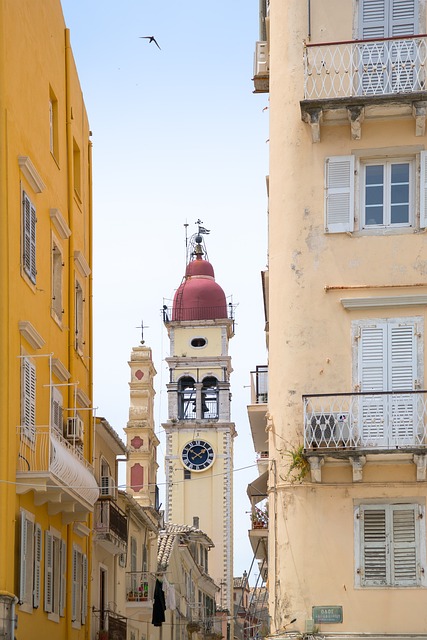pixo ⚽ Pixo: The Urban Poetry of São Paulo’s Streets

Pixo: The Urban Poetry of São Paulo’s Streets
As the sun dips below the horizon, casting a golden hue over the sprawling cityscape, an unyielding energy pulses through the streets of São Paulo. Amidst the noise of honking cars and the chatter of pedestrians, a different kind of artistry comes alive, one that often goes unnoticed by the casual observer. It is the raw, unfiltered expression of pixo, a unique form of graffiti that has become an intrinsic part of the urban landscape.pixo

Pixo, for those unfamiliar, is not your typical graffiti. It defies the norms of traditional street art, opting instead for a more anarchic style that reflects the pulse of the city. The artists, often young and fueled by a sense of rebellion, use a simple tool: a paintbrush and ink. Their work is characterized by jagged letters and chaotic tags that snake across the walls of buildings, bridges, and even abandoned structures. It’s a language of its own, a visual dialect that speaks to the heart of urban life.pixo
In a world where social media has taken over as the primary mode of communication, pixo offers a stark contrast. It is ephemeral and immediate, springing to life in the dead of night. The artists, known as "pixadores," often work in groups, scaling walls and rooftops, their adrenaline surging as they leave their mark on the city. Each tag is a testament to their existence, a declaration of identity in a world that can often feel indifferent.
But pixo is more than just a rebellious act; it is a cultural phenomenon that has deep roots in the socio-political landscape of Brazil. Emerging in the late 1980s, it was a response to the socio-economic disparities that plagued the country. The pixadores, often from marginalized communities, found solace and a voice in this form of expression. Through their art, they challenged the status quo, reclaiming public spaces that had long been ignored.
As one wanders through the streets adorned with pixo, a narrative unfolds. Each stroke of paint tells a story, a glimpse into the lives of those who inhabit the city. The tags are often accompanied by cryptic messages or symbols, inviting the viewer to decipher their meaning. Some may be personal, while others are political statements, reflecting the struggles and triumphs of everyday life.pixo

Despite its beauty and significance, pixo is often met with disdain from authorities and the public alike. Many see it as vandalism, a defacement of property that detracts from the city’s aesthetic. Yet, for the pixadores, it is a form of liberation, an act of defiance against a society that frequently overlooks their existence. They argue that pixo is not merely about the act of tagging; it is about the freedom to express oneself and to challenge societal norms.
In recent years, there has been a growing recognition of pixo as a legitimate art form. Exhibitions showcasing the work of pixadores have gained traction, allowing these artists to share their stories with a broader audience. Some have even transitioned from the streets to galleries, bridging the gap between urban art and the mainstream. This evolution has sparked conversations about the value of street art and its role in shaping cultural identity.
However, the future of pixo remains uncertain. As the city evolves and gentrification takes hold, many of the spaces once claimed by pixadores are being replaced by luxury apartments and commercial developments. The artists find themselves in a constant battle, trying to preserve their culture while navigating a rapidly changing urban landscape. Yet, even in the face of adversity, the spirit of pixo endures.
For many, pixo is not just about the act of tagging; it is a way of life. It fosters a sense of community among artists and creates a dialogue around issues that often go unaddressed. As the city continues to grow and transform, the legacy of pixo will undoubtedly leave an indelible mark on the cultural fabric of São Paulo.
So, the next time you stroll through the vibrant streets of the city, take a moment to look up, down, and all around. The walls may be speaking in a language you don’t understand, but within the chaos of pixo, there lies a profound narrative waiting to be discovered. It’s a celebration of life, struggle, and the unyielding spirit of those who dare to leave their mark on the world.
Fale conosco. Envie dúvidas, críticas ou sugestões para a nossa equipe através dos contatos abaixo:
Telefone: 0086-10-8805-0795
Email: portuguese@9099.com


